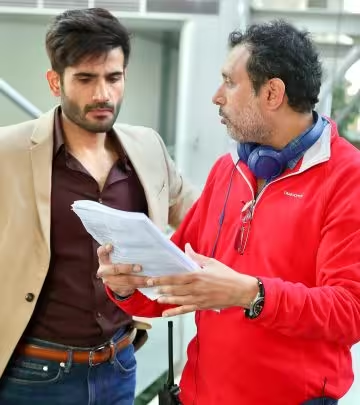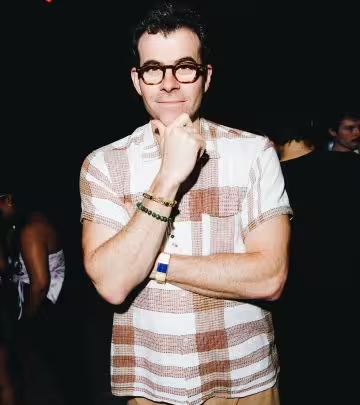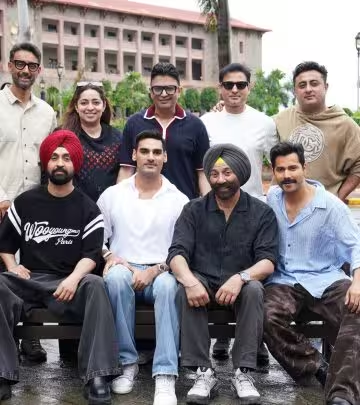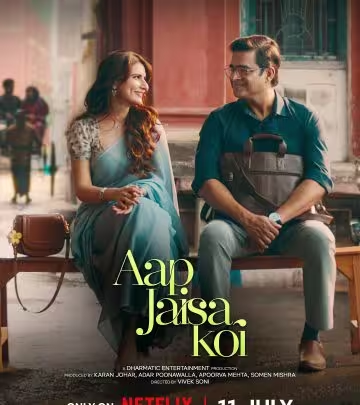Diageo Considers RCB Ownership Sale
Diageo ponders partial or complete RCB sale as ad bans and growing pressures mount at IPL!
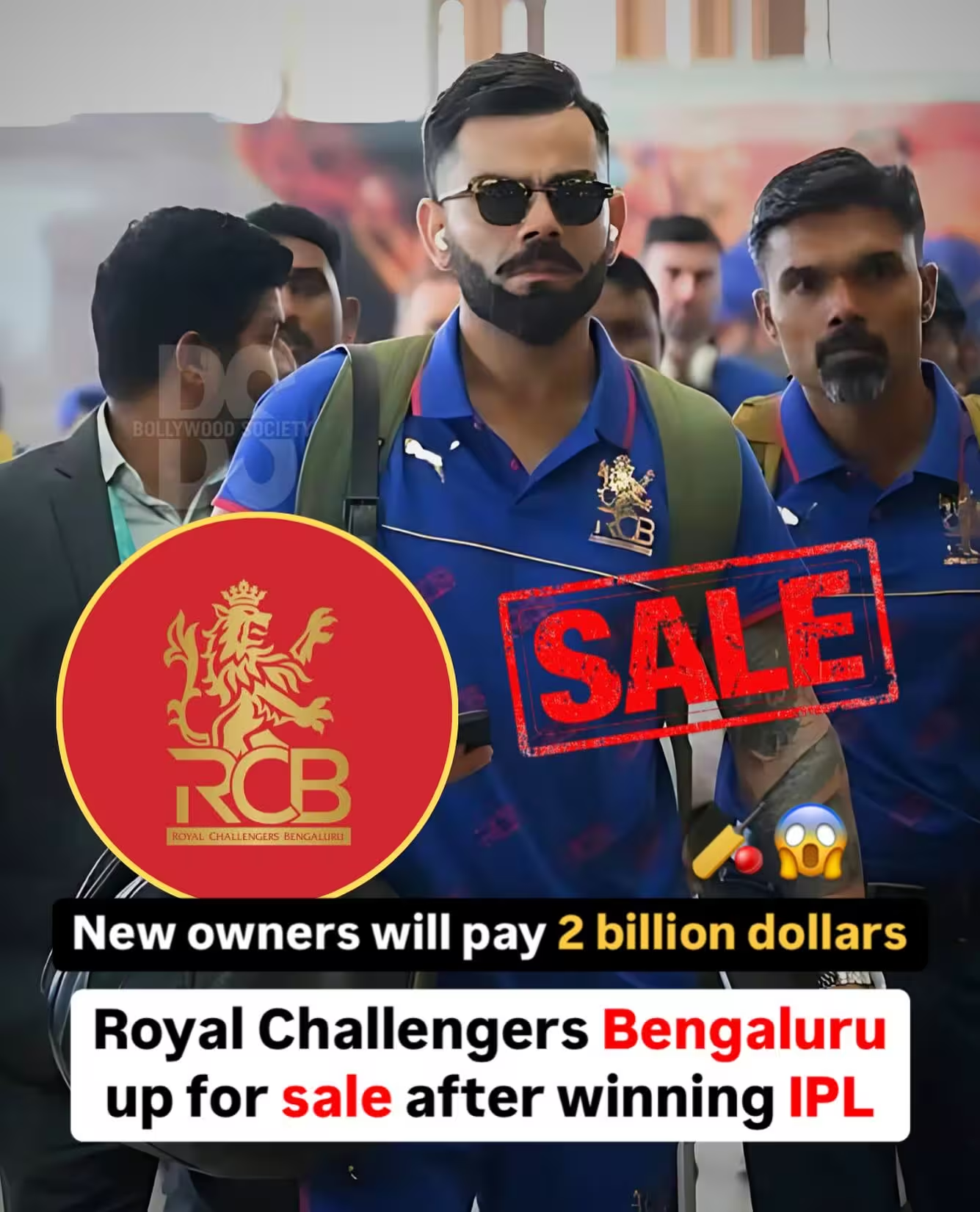
Image: Instagram
In a move that has caught the attention of the corporate and sports worlds alike, Diageo Plc is currently weighing the possibility of selling part—or even all—of its ownership stake in the Royal Challengers Bangalore (RCB) IPL team. The decision, which is still under discussion with no final call yet made, comes at a time when regulatory pressures are intensifying and market dynamics are shifting rapidly.
Diageo’s Strategic Move
Recent reports indicate that talks concerning the partial or complete sale of Diageo’s RCB stake are ongoing. Investors seem to have reacted positively to this potential change, as the company’s shares saw an uptick following the news. The deliberation over this high-profile asset sale appears to be a strategic move by Diageo, especially in light of slowing liquor sales in the United States and the need to raise funds in a challenging market environment.
The potential sale of an IPL team is no small matter. The Indian Premier League has grown into one of the most lucrative sporting events globally, and ownership stakes in the league are viewed as valuable assets. The move by Diageo, if it ultimately goes through, could set a new benchmark for team valuations, reflecting not only the team’s sporting success but also its commercial significance. RCB, a team that has had a rollercoaster history since its inception, carries both sporting passion and financial risk.
Regulatory Pressures And Market Dynamics
One of the key drivers behind this strategic review is the mounting pressure from India’s regulatory bodies. The health ministry is pushing for tighter restrictions, including a ban on alcohol and tobacco advertising within the IPL. While Diageo’s core business in alcohol does not directly rely on IPL advertisements, the company has historically promoted its other products by aligning with cricket’s biggest stars. With fresh regulatory challenges knocking on the door, Diageo may be rethinking its continued association with the league.
The timing of these discussions is particularly sensitive. The IPL has recently entered a new era; not only has the value of owning a team skyrocketed, but the league has also been under the spotlight for off-field issues. A tragic stampede during one of RCB’s celebratory events added to the pressure on the team’s management and owners. Such incidents have undoubtedly pushed stakeholders to re-examine risk profiles and investment strategies.
Rcb’s Storied Background
Royal Challengers Bangalore has always occupied a special place in IPL history. One of the original franchises, the team was acquired in the aftermath of its previous owner’s business collapse, making it a story of revival and resilience. The recent championship win, led by star player Virat Kohli, has only amplified the public’s fascination with RCB. Yet, with success on the field comes a heightened level of scrutiny off it. The tragedy during the team’s celebrations further underscores the challenging balance between sports enthusiasm and operational safety.
This potential sale decision by Diageo is being seen as a proactive response to both market realities and a changing regulatory landscape. Corporate strategists believe that such an asset, under ideal external conditions, could fetch a premium price in today’s escalating sports market. However, the risks associated with further regulatory restrictions and reputational challenges are prompting a closer look at the long-term benefits of retaining the asset.
Investor Reaction And Future Prospects
The investment community has taken note of these developments, with Diageo’s shares rising in response to the news about the potential sale. Investors are likely gauging the move as a shrewd step by the company to recalibrate its portfolio amid shifting global trends. The sale of a significant stake in a popular IPL team is expected to bring in fresh capital, which can then be reinvested in areas that promise higher margins—especially at a time when conventional markets are facing growth stagnation.
The prospect of selling such a prized asset is layered with both opportunity and uncertainty. On one side, there is the chance to capitalize on the skyrocketing valuation of IPL franchises. On the other, there remains the undeniable risk that a rushed or poorly executed sale might leave Diageo with less leverage in a strategic arena that blends sport, culture, and commerce. The coming months will be crucial as further discussions and negotiations take shape, potentially redefining the future of this storied cricket franchise.
Industry And Celebrity Perspectives
While Diageo, as a global beverage giant, has maintained a relatively low profile on the specifics of this discussion, industry experts are already weighing in on the implications. Notably, reports from trusted sources such as Hindustan Times highlight that this potential sale is being viewed as a strategic hedge by Diageo—particularly in an environment where alcohol marketing is increasingly constrained. The move might also reflect broader trends wherein corporate giants are divesting from assets that expose them to volatile regulatory risks.
Adding an extra dimension to the story, celebrated figures from the sports and entertainment sectors, including the ever-popular Virat Kohli, have brought even more attention to RCB in recent times. Though his on-field contributions are undeniable, the team’s off-field challenges and ownership dilemmas serve as a reminder of the multifaceted nature of sports management today. Comments on social media and industry chatter—even from outlets like Bollywood Society—emphasize that such strategic shifts are part of the evolving narrative of sports business in India.
As discussions continue, stakeholders across the board—from Diageo’s corporate strategists to the passionate RCB fanbase—are closely monitoring every development. The story is far from over, and the eventual decision will likely set a precedent, influencing how franchises and conglomerates navigate regulatory, commercial, and reputational risks in the future.
For now, the market watches and waits, as the balance between sporting passion and corporate prudence is delicately reassessed in the high-stakes arena of the IPL.
A careful analysis of this situation reveals a broader trend where even well-established corporations are feeling the ripple effects of changing industry norms. As Diageo ponders its next move, fans and investors alike are left to wonder how this decision might alter the face of Indian cricket and the global sports market in the near future.
Read full bio of Jehangir Irroni












